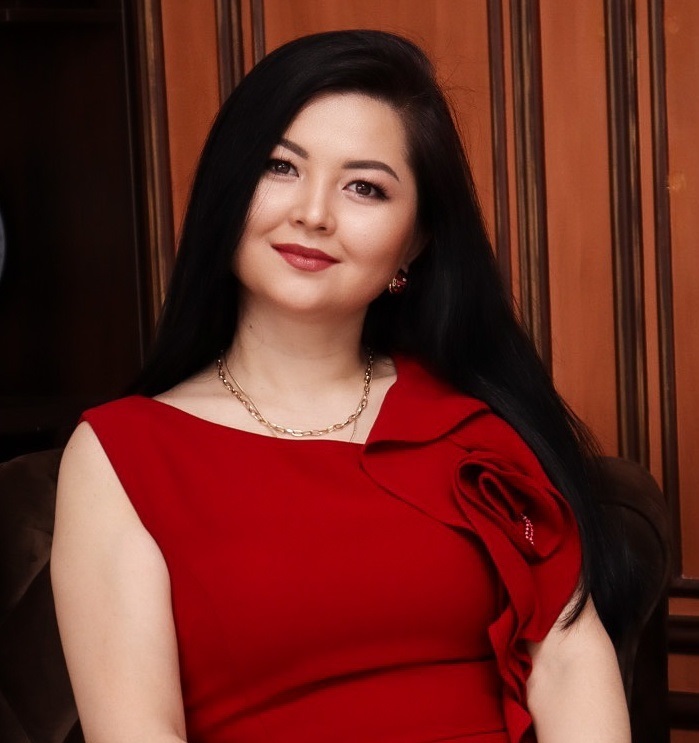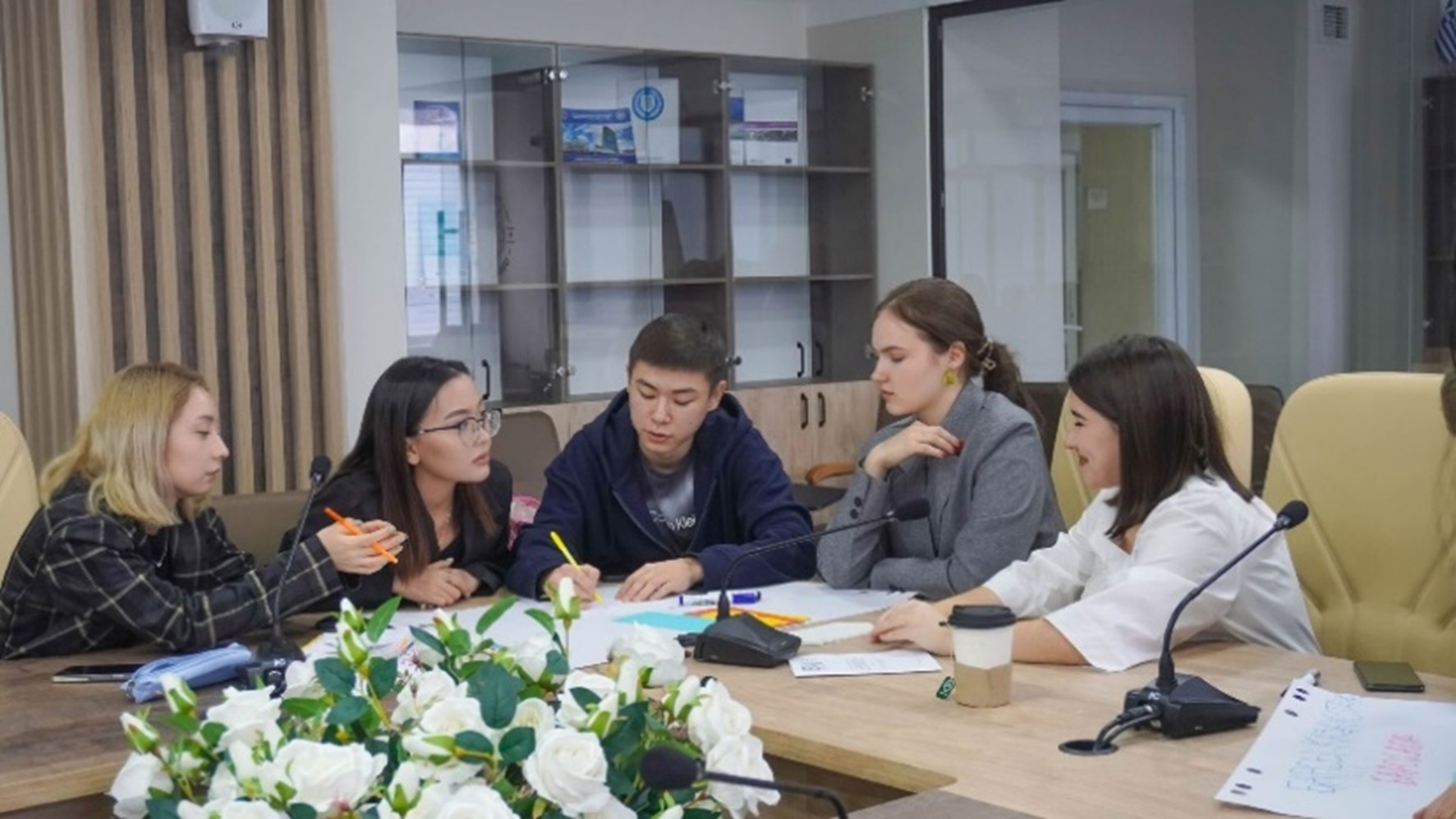Council of young scientists and research work of students

Chairman of the Council of Young Scientists, PhD, Associate Research Professor of the Higher School of Marketing and Logistics
The Council of Young Scientists is a consultative and advisory working body that coordinates the scientific activities of young scientists and specialists working at the university.
The purpose of the Council of Young Scientists is to activate the professional growth of young scientists of the university, unite their efforts to develop topical scientific problems and solve priority scientific tasks, as well as the development of innovative activities of young scientists.
The Council of Young Scientists solves the following tasks:
- promoting the professional growth of scientific youth, the development of scientific initiatives and the consolidation of young scientific personnel at faculties;
- promoting the dissemination and implementation of research results of young scientists and specialists;
- participation in the maintenance of scientific continuity, preservation of scientific schools and directions;
- information support for scientific youth (providing information about vacancies, funds, grants, conferences, schools and other events to support scientific youth);
- encouragement of active representatives of scientific youth;
- interaction with innovative and innovative organizations;
- organization of the promotion of scientific knowledge.
Composition of the Council of Young Scientists

The research work of students (hereinafter referred to as R&D) is a set of educational, scientific, methodological and organizational measures that ensure mandatory end-to–end training of all students in the skills of scientific research in relation to the chosen educational program/ direction of training within the educational process and outside it.
The purpose of the Research and Development program is to increase the level of training of students through the development of the basics of professional and creative activity, methods, techniques and skills of performing scientific research, the development of abilities for scientific creativity, independence, initiative in studies and future life.
Tasks of the Research institute:
- formation of the necessary general cultural and professional competencies through the deepening of knowledge, skills, skills and experience of research activities;
- increasing the mass and effectiveness of students’ participation in organizational forms and events of research and development, developing the activity of scientific and pedagogical workers in the management of scientific research and innovative projects of students;
- development of the ability of future specialists to master and use scientific knowledge, the ability to conduct scientifically based professional work, the ability to improve skills and retraining, continuous self-education and self-improvement;
- creation of prerequisites for the education and self-realization of personal and creative abilities of students;
- assistance in the development of professional selection of students, reproduction of scientific and scientific-pedagogical personnel.
To organize the scientific work of students at each department, there are circles and clubs.
Scientific associations of students
- Club «Lawyer»
- Club «Sezim»
- Club «Diplomat»
- Club «Publicist», Translating and interpreting skills
- Club «Tourist»
- Club «Financier»
- Club «Accountant-auditor»
- Club «Economist»
- Club «Modern manager»
- Club «Network technologies»
- Club «Marketer», «Logistician».
- Photo club «Medeo», intellectual club «Turan», academic theatre «Turan»
- Club «Innovative educational technologies»
- Student design bureau
Throughout the history of the university, the republican scientific-practical conference “Zhas-Turan” is held every year, in which young teachers, doctoral students, undergraduates and students from different universities of Kazakhstan take part.
Turan University provides an opportunity for students to participate in international youth activities aimed at developing professional and analytical skills. Within the framework of such events, the Model UN conference and the ENACTUS program function.
More than 200 students became winners at conferences, olympiads in Kazakhstan, CIS countries and far abroad.
Such approaches ensured the inclusion of 100% of students in the students’ research activities (publications, participation in conferences and scientific competitions, development of scientific projects, writing term papers, theses, dissertations, etc.).
Priority directions of students' research work for 2025 Priority directions of students' research work for 2024

